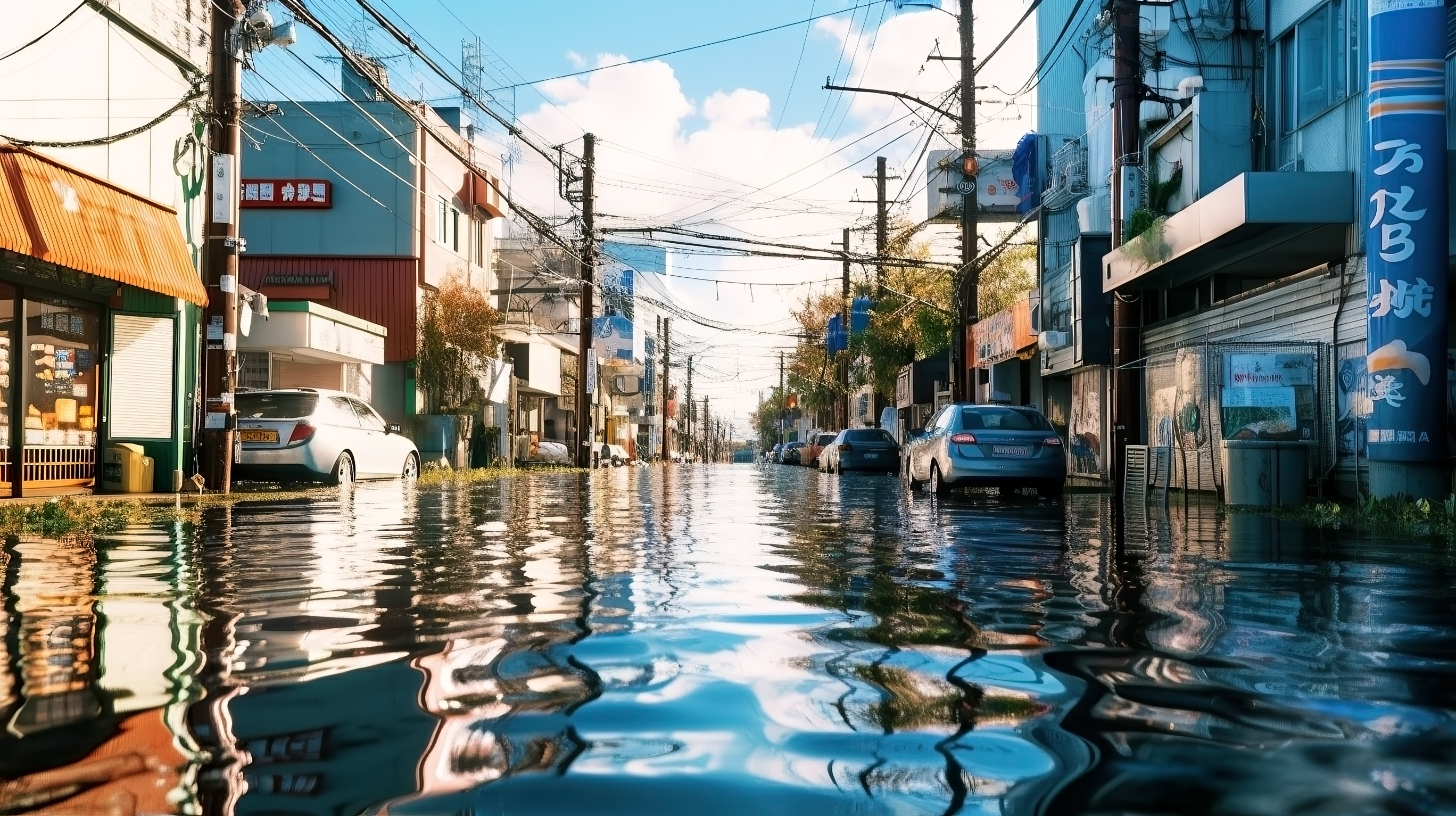Organisations in Tokyo lack disaster preparedness

Tokyo’s business landscape is facing a critical gap in disaster preparedness with just 23.6% of organisations in the city having developed business continuity plans for emergencies, including natural disasters. The situation is even more dire among small and midsize enterprises, with only 17.4% having such plans in place.
These findings from Teikoku Databank come as Japan commemorates the 100th anniversary of the devasting Great Kanto Earthquake, serving as a stark reminder of the urgent need for better preparedness in a city prone to seismic activity. Despite Tokyo’s history of disruptions from events like the March 2011 earthquake and tsunami as well as the pandemic, the adoption of business continuity plans remains low.
A successful example is AGC, formerly known as Asahi Glass, which faced significant damage during the 1923 Great Kanta Earthquake. Drawing from its disaster experiences, AGC has undertaken risk assessments for approximately 200 business locations worldwide, focusing on potential threats such as earthquakes and floods. The organisation has also developed business continuity plans for high-risk areas, including major sites in Japan and other parts of Asia. At its Tokyo headquarters, AGC conducts tabletop exercises annually, involving the CEO and department heads to ensure readiness.
AGC’s disaster preparedness extends to the wellbeing of its employees. In Japan, the glass manufacturer employs a system to verify the safety of its employees and their families during emergencies, conducting reporting drills twice a year to assess the effectiveness of their business continuity plans.
READ MORE: Firms in Japan reduce remote work despite employee demand
Chugai Pharmaceutical, founded in 1925 in response to a drug shortage following the Great Kanto Earthquake, also recognises the importance of disaster preparedness. The drug manufacturer formulated a business continuity plan in 2010 to secure stable pharmaceutical supplies in the event of a major earthquake. In such situations, Chugai Pharmaceutical has designated teams responsible for restoring factory operations, adjusting inventories and shipments at logistics bases, and utilising alternative facilities to ensure business continuity, reported The Japan Times.



